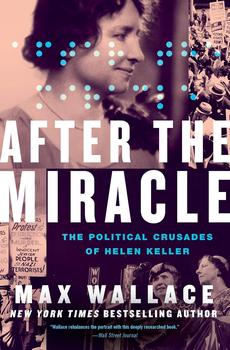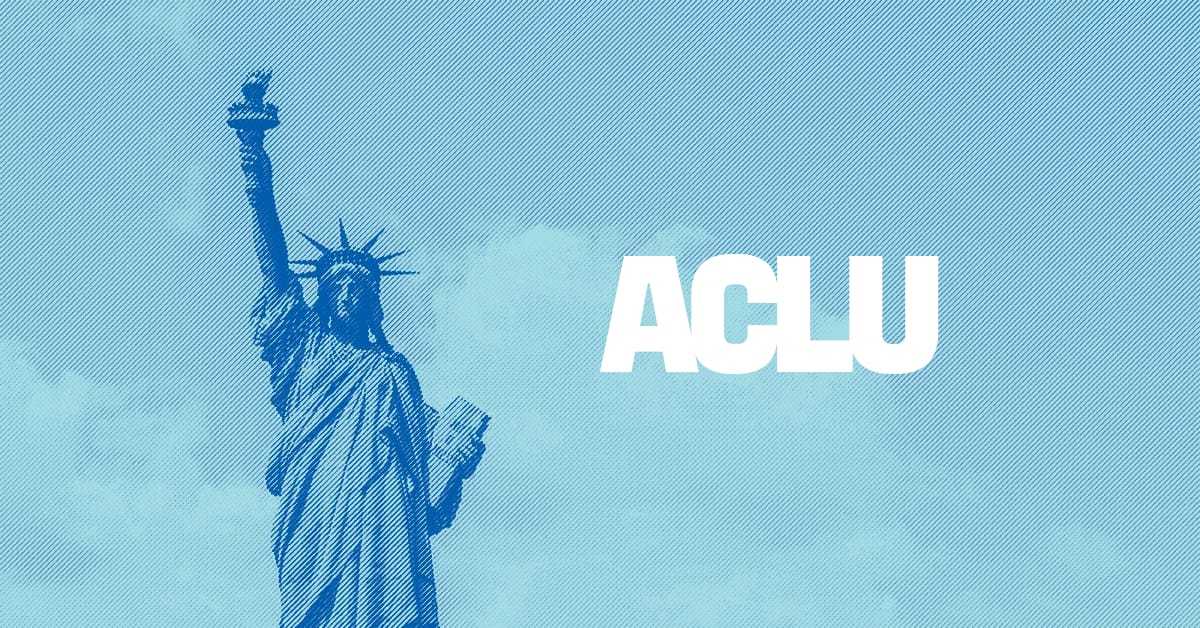Summary | Excerpt | Reviews | Beyond the Book | Read-Alikes | Genres & Themes | Author Bio

The Political Crusades of Helen Keller
by Max WallaceThis article relates to After the Miracle
 In Max Wallace's absorbing biography of Helen Keller, After the Miracle, the author illuminates Keller's often overlooked dedication to the fight for civil rights. Through her lifetime, she was involved with a wide number of causes and organizations, from joining the Socialist Party to campaigning against U.S. involvement in World War I, to speaking out against apartheid. One of the ways she has left a lasting legacy is as a founding member of the American Civil Liberties Union (ACLU).
In Max Wallace's absorbing biography of Helen Keller, After the Miracle, the author illuminates Keller's often overlooked dedication to the fight for civil rights. Through her lifetime, she was involved with a wide number of causes and organizations, from joining the Socialist Party to campaigning against U.S. involvement in World War I, to speaking out against apartheid. One of the ways she has left a lasting legacy is as a founding member of the American Civil Liberties Union (ACLU).
The start of what would become the ACLU grew out of concerns about U.S. involvement in World War I, and how it was affecting American society. In 1915, a group of pacifists in New York City founded the Anti-Militarism Committee, which would go by multiple other names, including the American Union Against Militarism (AUAM). This group was dedicated to opposing involvement in the war, and after the U.S. joined, to protecting civil liberties and supporting conscientious objectors. For the latter, the AUAM formed a lobbying committee. However, a rift developed between the committee and the wider organization. There were concerns that defending conscientious objectors would alienate members of the government important to the AUAM's push for the publication of peace terms and open negotiation. As a result, in 1917, committee leaders Crystal Eastman and Roger Nash Baldwin split from the AUAM to found the National Civil Liberties Bureau.
After the end of the war, social unrest due to economic and racial tensions and anti-communist paranoia brought about the first of the "red scares." In May and June of 1919, a series of bombings led Attorney General A. Mitchell Palmer to found the General Intelligence Division of the FBI. In November of the same year, his team began conducting raids, which continued through January of 1920 and were supposedly aimed at apprehending violent political radicals. Instead, they targeted immigrants, arresting thousands on flimsy or nonexistent evidence. Of these, 1,600 were slated for deportation, though many of those sentences were later overturned. In response to the blatant violations of civil liberties during these raids, the National Civil Liberties Bureau was reformed into the American Civil Liberties Union, under the leadership of Roger Nash Baldwin. Other founders included Crystal Eastman, social reformer and later Nobel Peace Prize winner Jane Addams, and of course Helen Keller. Their stated purpose was to defend the constitutional rights of all Americans, and they immediately went to work on freeing those who were arrested in the raids, along with supporting workers' right to organize.
Over the years, the ACLU has fought for a wide variety of causes relating to civil liberty. During World War II, they opposed the imprisonment of Japanese Americans in internment camps. They were involved in the Supreme Court cases of Brown v. Board of Education, which was key to ending racial segregation in the United States, and the now overturned Roe v. Wade, which protected reproductive rights. More recently, the ACLU has succeeded in challenging anti-LGBTQ+ discrimination in housing and foster care, protecting freedom of speech with regard to the display of political signage, and opposing laws targeting immigrants. Today, the organization boasts 1.7 million members and is active all over the United States.
ACLU logo, courtesy of the ACLU
Filed under People, Eras & Events
![]() This "beyond the book article" relates to After the Miracle. It originally ran in May 2023 and has been updated for the
April 2024 paperback edition.
Go to magazine.
This "beyond the book article" relates to After the Miracle. It originally ran in May 2023 and has been updated for the
April 2024 paperback edition.
Go to magazine.
Nearly all men can stand adversity, but if you want to test a man's character, give him power.
Click Here to find out who said this, as well as discovering other famous literary quotes!
Your guide toexceptional books
BookBrowse seeks out and recommends the best in contemporary fiction and nonfiction—books that not only engage and entertain but also deepen our understanding of ourselves and the world around us.